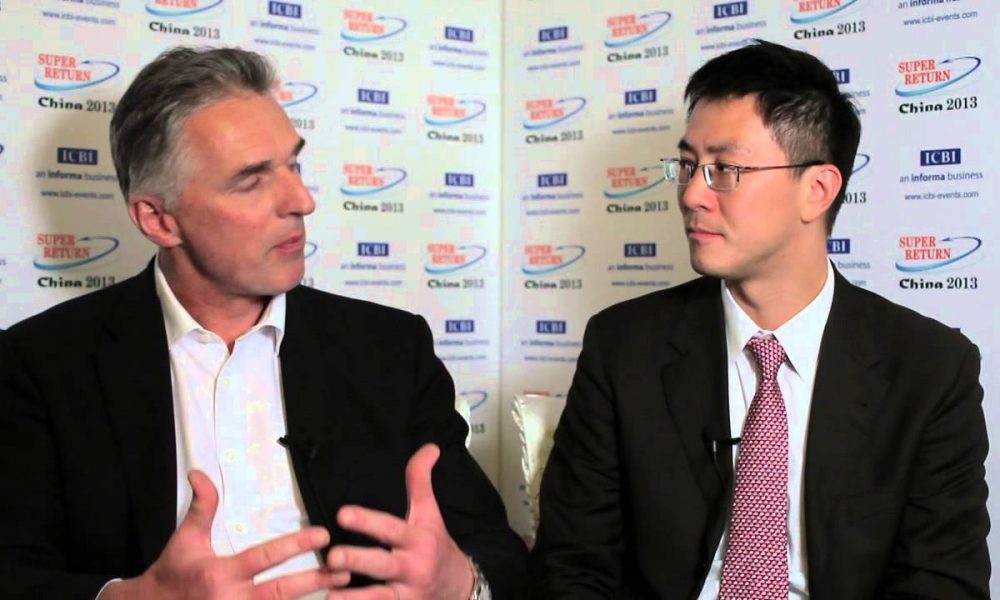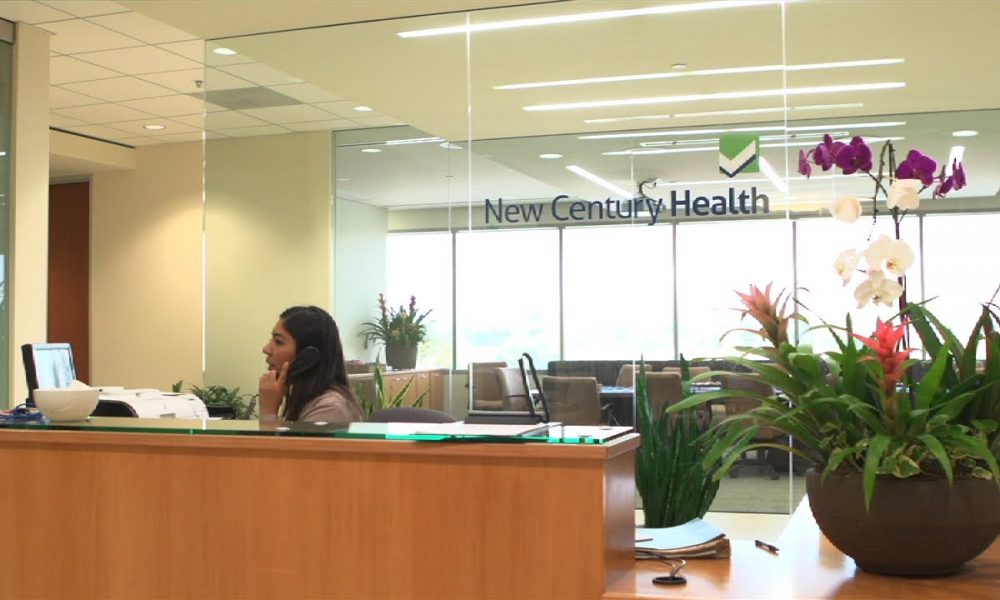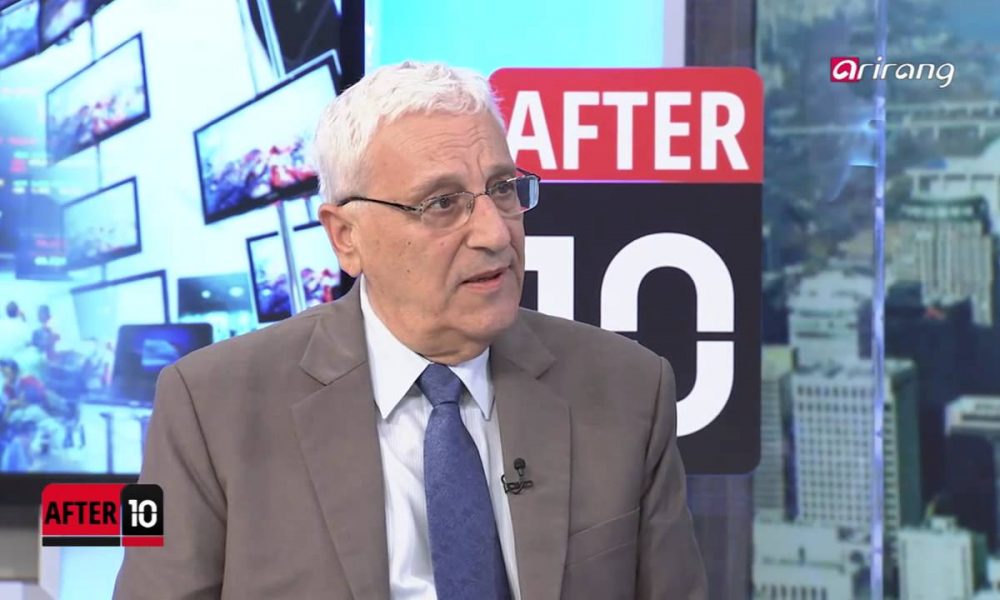Category: Business
Axiom Asia Private Capital closes new Asian fund-of-funds at US$1.03 billion
Singapore-based Axiom Asia Private Equity (PE) has completed the final close of its oversubscribed fourth fund, Axiom Asia IV, with US$1.03 billion in total commitments from a selected group of institutional limited partners (LPs) which exceeds its target of US$750 million, the firm announced today.
Limited partners in the latest fund include Montana Board of Investments, the Michigan Department of Treasury, and Caledonia Investments, among others.
Fund IV will continue Axiom’s strategy of offering investors access to a portfolio of top-tier, Asian-focused private equity funds that can provide attractive risk-adjusted returns. The PE firm will target investments in buyout, venture capital, growth capital and other private equity (PE) funds.
“We seek to invest with fund managers who bring unique and advantaged capabilities to capitalize on opportunities in their local markets and continue to emphasize commitments to highly capable next generation fund managers who are raising first or second funds,” explained Chris Loh, a managing partner at the firm.
To demonstrate its belief and to further align its interest with its limited partners, the funds has also seen the general partner (GP) increase its commitment in every successive Axiom Fund with Fund IV’s commitment increased by one and half times compared to its LPs.
Despite that, this latest fund is slightly smaller than its predecessor Axiom Asia III, which had closed at US$1.15 billion in March 2012. On the other hand, the firm’s first fund closed in 2007 at US$440 million while its second fund closed in 2010 at US$950 million.
As a whole, Axiom currently manages four private equity fund-of-funds with total commitments of over US$3.5 billion. It is led by Managing Partners Edmond Ng, Chris Loh, Alex Lee, and Marc Lau while maintaining offices in Singapore and Hong Kong.
Axiom, which makes secondaries purchases through its funds of funds, in addition to co-investments and direct investments, as well as its main activity of investing in private equity funds across buyout, growth capital and venture capital, focuses on markets such as Japan, Korea, China, Southeast Asia, Australasia, and the Indian subcontinent.
“We believe that private equity in Asia remains one of the most promising asset classes to invest in because of the economic dynamism of the region. Asia continues to possess the largest concentration of rising middle-class consumers which provide a unique growth driver for companies,” said the managing partner at Axiom Asia, Alex Lee.
On the close of Fund IV, Edmond Ng also said, “We had a strong re-up rate and are very grateful for the support from our existing and new investors. The amount raised is a testament to the strong track record of Asian fund managers who have proven their ability to innovate and create profitable investment opportunities. It also highlights the appeal of our differentiated investment strategy that can generate returns even in times of market volatility.”
Over the past five years, the median size of the 1,000 or so institutional-quality general partners in Axiom’s universe has declined to US$300 million from between US$400 million and US$500 million, as the share of total flows claimed by bulge-bracket players continued to grow.
U.S.-based funds announcing commitments to Axiom Asia IV include Nashville (Tenn.) & Davidson County Metropolitan Government Employee Benefit Trust Fund, which committed up to US$60 million; the Michigan Department of Treasury’s Bureau of Investments, which committed up to US$50 million on behalf of Michigan Retirement Systems, East Lansing; and Montana Board of Investments which has contributed US$25 million.
By Vivian Foo, Unicorn Media
Australian media tech firm Isentia Group buys China Newswire to grow distribution business in Asia
Media intelligence firm Isentia Group Ltd., which is listed on the Australian Securities Exchange (ASX), has recently acquired content marketing and media database SaaS company, China Newswire.
The deal closed at the end of 2016, with notifications to staff and China Newswire clients going out on 5 January 2017. Neither Isentia nor China Newswire has disclosed financial terms.
Based in Shanghai, China Newswire is a media syndication and big data company that claims to reach 30,000 media outlets, journalists, social media writers and key online influencers, providing SaaS content marketing and content syndication services.
China Newswire CEO Danny Levinsion is an American entrepreneur and has been building tech businesses in China since 1997. He is based in Beijing and previously sold his SaaS media intelligence business to Vocus and became Vocus’ Chief Executive in China.
Following the acquisition, Danny Levinson will assume the role of Asian regional director at Isentia. This new role will see him working with Isentia’s Sydney-based executive team to grow the company’s content syndication and distribution business in Asia.
This acquisition also comes at a time when the content distribution, influencer outreach, and media analytics sector has experienced consolidation in Asia in the past few years.
Globally, Cision has acquired PR Newswire, which competes with China Newswire in Asia. While Vocus sold its China assets including China Newswire, to Matoka Capital prior to the Cision merger, and also Nasdaq’s purchase of Toronto-based Marketwired. New promising PR firms such as PRWire Asia are also surfacing in the market.
Prior to this, Isentia – the publicly-listed content distribution and media analytics technology company has, through its many acquisitions like King Content, MediaBanc, and Brandtology, been operating in Greater China for more than 25 years. At present, the company has offices in Beijing, Shanghai and Hong Kong with more than 150 employees.
On the other hand, China Newswire has been operating in China for at least a decade and was previously owned by U.S.-based Vocus, which later merged with Cision in 2014 when both companies privatized and were bought by Chicago-based private equity firm GTCR. This was subsequently followed by Cisions’ acquisition and integration in PR Newswire.
By Vivian Foo, Unicorn Media
Samsung NEXT launches US$150m venture fund targeting AI, VR and IoT startups
Samsung’s investment arm has announced the creation of the Samsung NEXT Fund, a US$150 million venture capital investment fund, aimed to increase Samsung’s global support of early stage startups pursuing advanced software and services innovation.
The Samsung NEXT fund is initially known as the Samsung Global Innovation Center and was announced at the Consumer Electronics Show on Thursday. Having a Silicon Valley presence since 2013, the Innovation Center runs an accelerator, forms partnerships and make acquisitions and investments in startup focused on software and services.
In addition to capital funding, the Korean consumer tech giant will also provide domain expertise and access to various resources such as office space, equipment, and materials required by Early Stage Startups or tech entrepreneurs. This, in turn, will enable Samsung Next to build upon its multi-stage global innovation platform.
“We see software and services becoming a core part of Samsung Electronics’ DNA, and startups are key to achieving this vision,” said David Eun, president and founder of Samsung NEXT. “Samsung continues to embrace entrepreneurship at all levels and this Fund shows our unwavering commitment to support great startups worldwide.”
In particular, the Fund targets pre-Seed to Series B investments, and is concentrating on virtual reality (VR), artificial intelligence (AI), IoT and other new frontier technologies.
There are ten companies that have previously received capital from the Fund, which include Converge Industries, Dashbot, Entry Point VR, Filament, Intezer, LiquidSky, Otto Radio, 2Sens, SafeDK, and Virtru.
These selections ranging from Dashbot – an user analytics tools for software bots to Entry Point VR – company tools for easy distribution of virtual reality media across multiple devices, signals that NEXT is quite broad with its investments.
“Our investments bring the power of the Samsung platform to startups to accelerate their growth and ultimately their success,” said Brendon Kim, VP and Managing Director of Samsung NEXT Ventures. “The Samsung NEXT Fund expands our global reach and capabilities, while increasing Samsung’s access to more great ideas, products and talent.”
In September 2016, Samsung NEXT launched its newest office in Tel Aviv. making it the fifth for the organization, which currently has teams in Mountain View, New York, San Francisco and Korea. Samsung NEXT also said it will open additional locations in 2017.
“We’re very passionate about partnering with startups and developing meaningful relationships in startup ecosystems around the world,” said Emily Becher, Managing Director of Samsung NEXT Start and head of Samsung NEXT’s international expansion. “We leverage local experts to fuel traction and drive scale for startups right where they are.”
To coincide with Samsung NEXT’s international expansion and launch of the fund, the company has initiated its first major rebrand effort, which includes the renaming of its organization to “Samsung NEXT” and the release of a new logo and website. With the rebrand, the company’s goal is to simplify its identity and clarify its message and mission.At CES 2017 Eureka Park, Samusung NEXT will also be showcasing the founders and watch demos from some of Samsung’s portfolio startups which includes VR animations company Baobab Studios, gloud gaming and company LiquidSky and IoT services company Filament.
By Vivian Foo, Unicorn Media
China’s New Century Healthcare targets US$129 million in Hong Kong IPO
Beijing-headquartered pediatric hospital operator New Century Healthcare is planning to raise up to HK$1 billion (about US$129 million) in an initial public offer (IPO) at the Hong Kong stock exchange this month.
The BoAML and CICC-sponsored pediatric healthcare provider had launched this IPO last week where 120 million new shares are pitched at a price ranging from HK$6.36 to HK $8.36 each.
According to the IPO prospectus of the company, there is also a potential 15 percent green-shoe option to sell an additional 18 million new shares.
Private equity firms CDH, Tianjin Yanshan Investment Management Co along with others also have a substantial stake in the hospital operator.
At present, New Century Healthcare operates three pediatric clinics in Beijing and since November last year, has diversified into obstetrics and gynecology with the acquisition of the BNC Women’s and Children’s Hospital.
Following this deal, about 20 percent of the proceeds will be allocated to upgrading its existing clinic, along with opening a new hospital and two clinics in other tier-1 cities such as Shanghai and Guangzhou.
Additionally, the company will also use 40 percent of the funds to buy one hospital and five clinics in tier-one cities, the company had announced while launching its IPO on December 29.
China’s growing healthcare expenditure is expected to reach 6.6 percent of the country’s GDP by 2020 with an aging population, increased chronic diseases, and rising disposable incomes are likely to lead to a higher demand for private and mid to high-end healthcare services among Chinese, the company had noted in its IPO prospectus.
Profits last year hit 34 million yuan (about US$5.1 million) on revenues of 116.8 million yuan. For the first six months of the year, profits stood at 31 million yuan on revenues of 226.5 million yuan.
The deal is expected to price on on January 11 while trading in the company’s shares will begin on January 18.
By Vivian Foo, Unicorn Media
Israel’s Yozma Group to invest US$ 41.4 million in Korean biotech startups
Israel’s leading venture capital firm Yozma Group has set out to invest in Korean biotechnology and healthcare startups, making its first overseas investment since its launch in 1993.
This is completed in joint efforts with the Industrial Bank of Korea, Multi Asset Global Investments Co. and Hong Kong’s Yuanta Securities Co. which will create a global partnership fund worth 120 billion won (about US$99.3 million), according to an announcement by state-run Korea Development Bank (KDB) on Wednesday.
Among the funds of funds, Yozma Group will invest US$41.4 million in Korean startups through the fund named “Yozma Group – Daesung Private Equity Inc” which will begin from the first half of 2017.
“Korea can be more successful than Israel because of the size of the market and the environment here,” Lee Won Jae, head of the Yozma Froup Korea told The Korea Herald, citing the country’s proximity to key markets Japan and China, highly skilled workforce and large population.
Yozma Group, in March 2016, has opened startup campus in Pangyo, south of Seoul, which is its first official startup campus outside Israel, with an aim to be Asia’s startup hub that will explore and invest in tech companies in other emerging markets in the region.
The Group’s investment size will also be between US$1 to US$6 million with its investments focused on investing early stage startups by taking a minority stake in the companies and assisting the startups throughout their development stage as well as making their debut in overseas market and foreign stock markets such as U.S. Nasdaq.
“A lot of Korean startups are undervalued due to the so-called ‘Korea discount’ or ‘Asia discount,'” Lee said. “But Korea’s bio, healthcare, virtual reality and material sectors, like graphene, are the most promising ones. So, we wanted to give them a global network and take them outside Korea to go to the world. That is our model.”
Yozma Group is an Israeli venture capital with a focus on early stage, early-stage startups and pre-IPO companies. Based in Tel Aviv, Israel, it was founded in 1993 by Israel’s government and private investors, including Yigal Erlich, former chief scientist of the Israeli Ministry of Industry, and was privatized four years later.
Since 1993, Yozma Group has made direct investments in over 40 portfolio companies, most of which are local companies in Israel, and are in the tech space related to the field of communications, IT, and medical technologies.
The Israeli venture capital fund’s latest decision to invest in Korean startups marks its first overseas investment. It will support startups in its own technology incubator program for two to three years so that they will be ready to enter global markets and join overseas bourses in countries such as the U.S. and Britain.
By Vivian Foo, Unicorn Media





